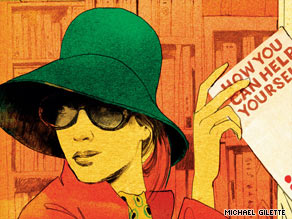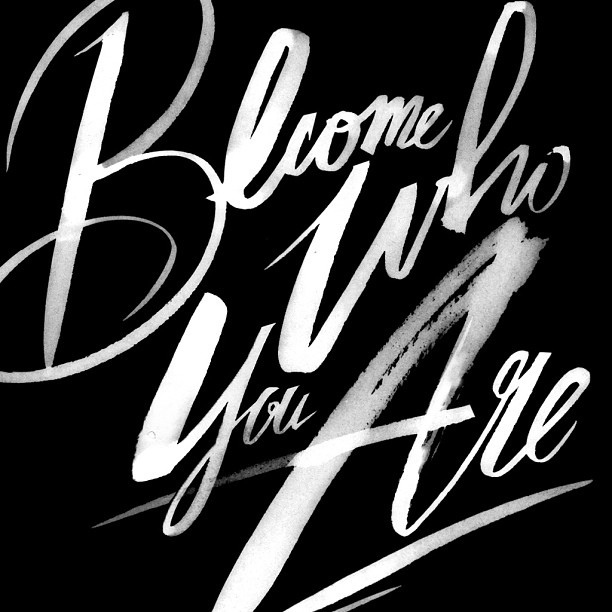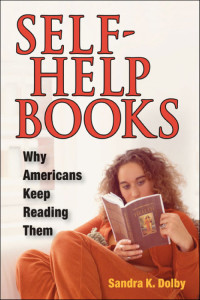 The quotation at the start of the last post — “[W]e are in a new era of mass self-help, wherein the laboratory and the writer work together to teach us how to change ourselves, rather than our world” — is from an excellent article in New York Magazine. Boris Kachka describes what self-help has become. Though he writes mainly about how self-help has changed the publishing industry, his analysis of how this relates to cultural history — the shift from pragmatism and self-reliance to being personally responsible for self-regulation — is spot on.
The quotation at the start of the last post — “[W]e are in a new era of mass self-help, wherein the laboratory and the writer work together to teach us how to change ourselves, rather than our world” — is from an excellent article in New York Magazine. Boris Kachka describes what self-help has become. Though he writes mainly about how self-help has changed the publishing industry, his analysis of how this relates to cultural history — the shift from pragmatism and self-reliance to being personally responsible for self-regulation — is spot on.
Kachka refers to a “new kind of self-help,” by which he means: “These days, self-help is unembarrassed, out of the bedside drawer and up on the coffee table, wholly transformed from a disreputable publishing category to a category killer, having remade most of nonfiction in its own inspirational image along the way.”
Here are some passages from the article that I particularly enjoyed (emphasis added):
This new kind of self-help could never thrive in a vacuum. Or rather, it thrives in a particular vacuum—the one left behind by the disappearance of certain public values that once fulfilled our lives. Strains of self-help culture — entrepreneurship, pragmatism, fierce self-reliance, gauzy spirituality — have been embedded in the national DNA since Poor Richard’s Almanack. But in the past there was always a countervailing force, an American stew of shame and pride and citizenship that kept these impulses walled off, sublimating private anxiety to the demands of an optimistic meritocracy. That force has gradually been weakened by the erosion of all sorts of structures, from the corporate career track to the extended family and the social safety net. Instead of regulation, we have that new buzzword, self-regulation; instead of an ambivalence over “selling out,” we have the millennial drive to “monetize”; and instead of seeking to build better institutions, we mine them in order to build better selves. Read more




